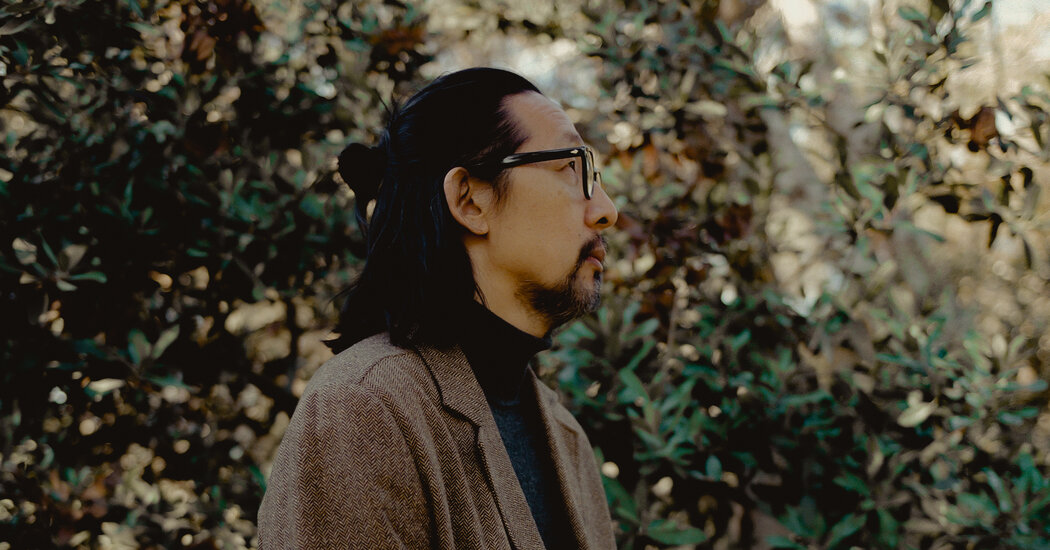
“We have a lot of language for this crisis that we are having right now where more people are bored than ever, and more people are feeling depressed and meaningless than ever,” Kogonada said. Yet “we have so much more access to things that feel fun and distracting.” He brought up a brief history of the word “boredom,” and how it is now used to evade the silence and weight of feeling existence, “so that we don’t have to confront the very feeling that might be everything to us,” he said. “If we could stay in it and see it, maybe this thing that we see everyday, which is sun coming and casting a shadow, can provide something for us.”
Kogonada doubled back, laughing at himself — he’s not claiming this is necessarily the key to life. But, instead of the concrete answers to enlightenment he yearned for in his younger days, searching in religion and in cinema, he’s come to gravitate more toward finding meaning and mystery in everyday life, in experience that is inclusive and accessible to everyone.
In “After Yang,” Yang’s mundane memories prompt Jake to confront his absence in his own life. “It’s both a grieving for Yang but also a grieving for time lost,” Kogonada said, adding, “maybe all grieving is about lost time.”
Staring out across a pond shimmering in the afternoon sun, Kogonada said he would have to make peace with the increased attention that would inevitably come with this film, which, along with the four episodes he directed of the upcoming Apple TV+ series “Pachinko,” might be seen as an establishing moment for him as an auteur. Ironically, this period as an artist under an alias is the closest he has ever felt to being himself.
As for that primal fear of absence, Kogonada is more secure than ever. In a flashback scene, Yang tells his mother, Kyra (Jodie Turner-Smith), about a quote from the philosopher Lao-tzu. “What the caterpillar calls the end,” he recites, “the rest of the world calls a butterfly.”
“I don’t know if I need the comfort of something existing afterwards,” Kogonada said, echoing a line that Yang says in the scene. “Whatever nothing or absence may be, there’s something that I have far less fear about, and I can almost feel comfort in it.” He thought again. “Maybe that nothing is actually the seeds of something else. Maybe it’s something, nothing, something again.”




